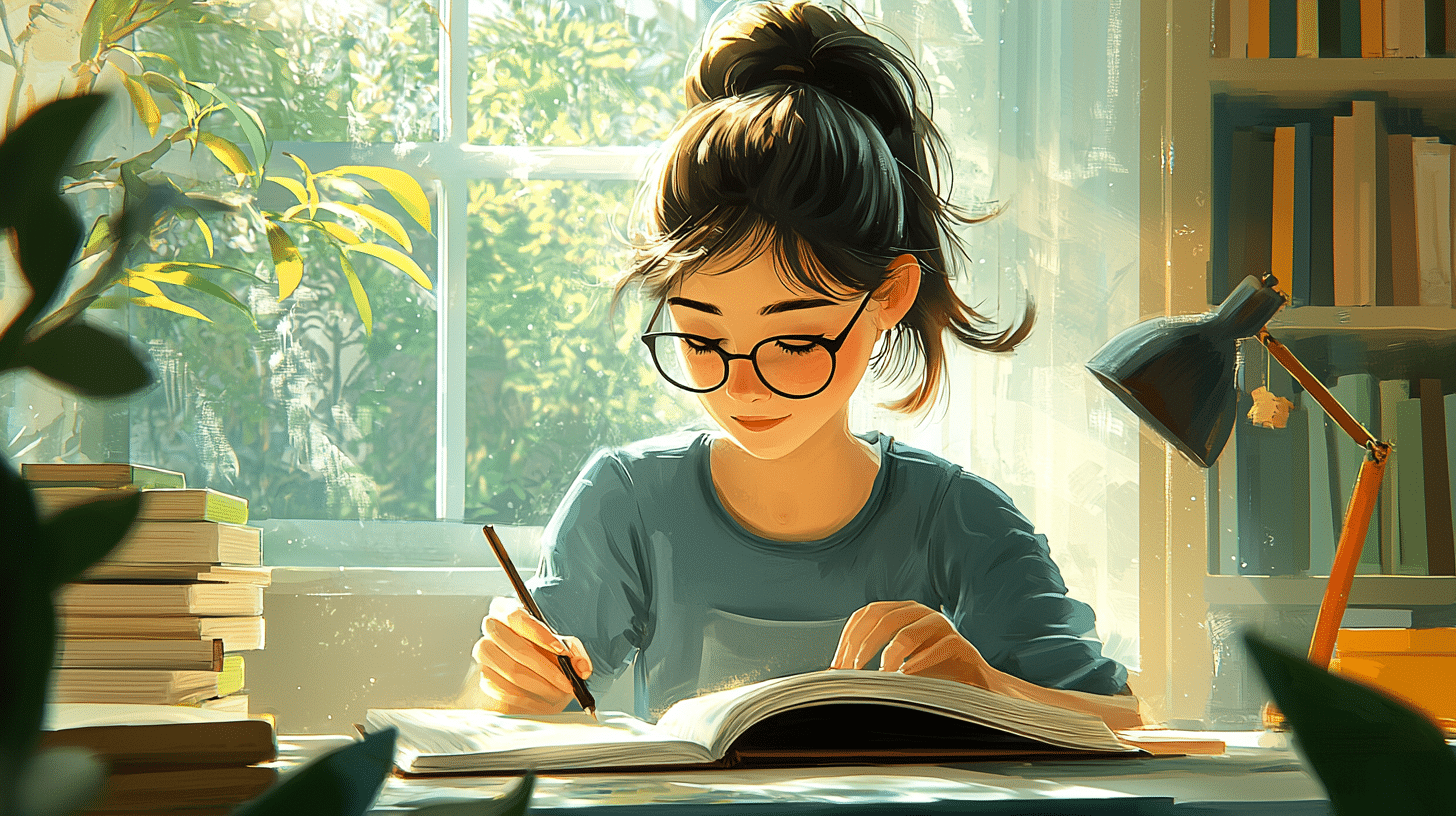
Mastering the position of adjectives in German sentences is essential for achieving fluency and accuracy in the language. German adjectives can change form depending on the case, gender, and number of the noun they describe, which makes their correct placement crucial for clear communication. In contrast to English, where adjectives typically precede nouns, German adjectives must follow specific rules that vary depending on whether the article is definite, indefinite, or absent. This complexity can be challenging for learners, but with consistent practice, it becomes easier to navigate. Our exercises are designed to help you gain confidence and proficiency in positioning German adjectives correctly. Through a variety of sentence structures and contexts, you will practice identifying the appropriate forms and placements of adjectives. These exercises will not only enhance your grammatical understanding but also improve your overall comprehension and expression in German. By systematically working through these tasks, you will develop a stronger grasp of how to use adjectives effectively, making your spoken and written German more precise and natural.
1. Der *alte* Mann geht jeden Morgen spazieren (adjective describing the man).
2. Maria hat einen *schönen* Hund (adjective describing the dog).
3. Ich habe ein *neues* Auto gekauft (adjective describing the car).
4. Die *kleine* Katze schläft auf dem Sofa (adjective describing the cat).
5. Wir haben ein *großes* Haus am See (adjective describing the house).
6. Der *freundliche* Nachbar hat uns geholfen (adjective describing the neighbor).
7. Sie trägt ein *rotes* Kleid zur Party (adjective describing the dress).
8. Das *alte* Schloss ist sehr beeindruckend (adjective describing the castle).
9. Peter liebt seine *intelligente* Freundin (adjective describing the girlfriend).
10. Die *blühenden* Blumen im Garten sind wunderschön (adjective describing the flowers).
1. Der *kleine* Hund spielt im Garten. (small)
2. Ich habe ein *neues* Auto gekauft. (new)
3. Wir wohnen in einem *großen* Haus. (big)
4. Sie trinkt aus einer *blauen* Tasse. (blue)
5. Er trägt einen *schwarzen* Hut. (black)
6. Das *alte* Gebäude wird renoviert. (old)
7. Die *rote* Blume ist sehr schön. (red)
8. Wir haben einen *leckeren* Kuchen gebacken. (delicious)
9. Sie liest ein *interessantes* Buch. (interesting)
10. Der *freundliche* Mann hat uns geholfen. (friendly)
1. Der *alte* Mann sitzt auf der Bank (opposite of "jung").
2. Ich habe eine *schöne* Blume gepflückt (synonym of "hübsch").
3. Das *große* Haus gehört meiner Tante (opposite of "klein").
4. Sie trug ein *blaues* Kleid auf der Party (color of the sky).
5. Wir haben einen *interessanten* Film gesehen (synonym of "spannend").
6. Ich brauche einen *neuen* Stift für die Schule (opposite of "alt").
7. Der Hund hat ein *weiches* Fell (opposite of "hart").
8. Das *leise* Geräusch störte mich beim Schlafen (opposite of "laut").
9. Sie kaufte einen *teuren* Ring im Juwelierladen (opposite of "billig").
10. Wir haben einen *langen* Spaziergang gemacht (opposite of "kurz").